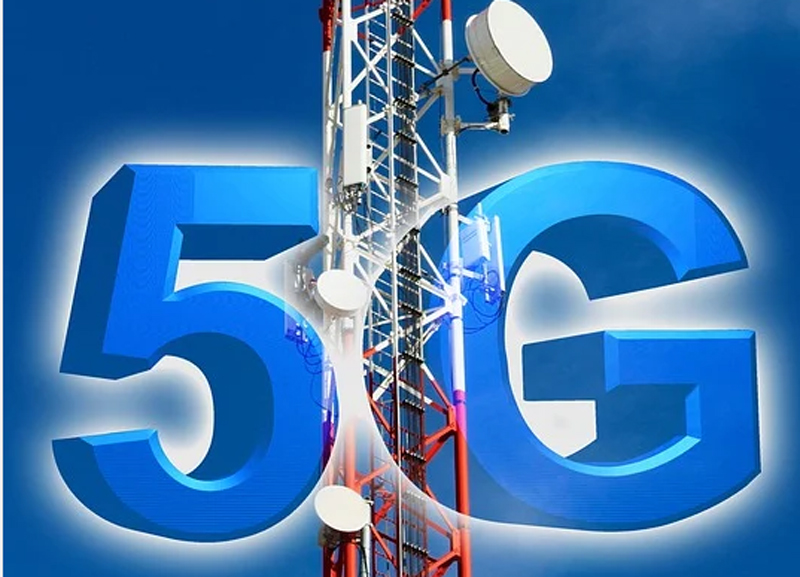 5G Spectrum | Trai
5G Spectrum | Trai
TRAI recommends cut downs in base price across spectrum bands
New Delhi: Telecom regulator TRAI on Monday recommended slashing down approximately 39 percent in the reserve or floor price for the sale of spectrum for mobile services, including the latest 5G offering, in a bid to set revenue expectations in proportion to the industry’s paying capacity.
In the last two auctions, large swathes of 5G spectrum remained unsold. Keeping this in mind, Telecom Regulatory Authority of India recommended to the government for selling airwaves in all existing bands of 700 MHz, 800 MHz, 900 MHz, 1800 MHz, 2100 MHz, 2300 MHz, 2500 MHz and new slots of 600 MHz, 3300-3670 MHz and 24.25-28.5 GHz.
The regulator has recommended a lower reserve price for all bands, compared to the prices proposed in the previous recommendations in 2018.
Trai's recommendations will create the foundation for spectrum auctions in 2022, to facilitate the beginning of 5G mobile services within 2022-23, by private telecom providers.
“The reserve price of spectrum allocation in case of 30 years should be equal to 1.5 times the reserve price of spectrum allocation for 20 years for the respective band,” TRAI said.
In the millimeter band, that is 24.25-28.5 GHz band, all India base price adds up to Rs 7 crore per MHz.
Trai further said that for the long-term growth and sustainability of the telecom sector, infusing liquidity and encouraging investment, the telecom service providers should be allowed easy payment options, including part payment with the flexibility of moratorium.
“To provide flexibility to the telecom service providers, block size of 10 MHz for 3300-3670 MHz band and 50 MHz for 24.25-28.5 GHz band recommended. Spectrum to be assigned in a contiguous manner,” Trai said in a statement.
The 526-612 MHz frequency range should not be put to auction in the forthcoming auction, TRAI said.
This is because presently band plan for the frequency range 526-612 MHz is yet to be defined by international bodies, and the development of the ecosystem in the 526-612 MHz frequency range will take some time and the Ministry of Information and Broadcasting is using 526-582 MHz band extensively across the country for TV transmitters.
“DoT should come out with a plan for refarming the 526-582 MHz band to be utilized for IMT deployments. To make the 526-582 MHz band available for IMT, DoT should work with MIB to prepare a plan for an early migration from Analogue to Digital
Transmission, so that the frequency band from 526-582 MHz can be vacated for IMT services,” Trai said.
TRAI has recommended easy network deployment-based roll-out conditions for 3300-3670 MHz and 24.25-28.5 GHz bands.
Spectrum caps too have been also rationalized, TRAI said.
An amount of Rs 1 lakh (Rs. One lakh) per spectrum band per licensed service area has been recommended as a surrender fee for ease of doing business, and easy and transparent spectrum surrender norms.
TAI further said that enterprises may obtain the spectrum on lease from TSPs and establish their own isolated Captive Wireless Private Network.
Enterprise may obtain the spectrum directly from the Government and establish their own isolated Captive Wireless Private Network, it added.
Support Our Journalism
We cannot do without you.. your contribution supports unbiased journalism
IBNS is not driven by any ism- not wokeism, not racism, not skewed secularism, not hyper right-wing or left liberal ideals, nor by any hardline religious beliefs or hyper nationalism. We want to serve you good old objective news, as they are. We do not judge or preach. We let people decide for themselves. We only try to present factual and well-sourced news.







